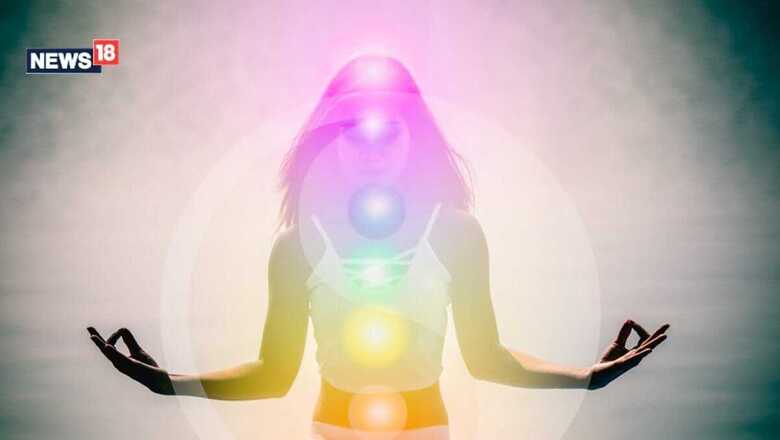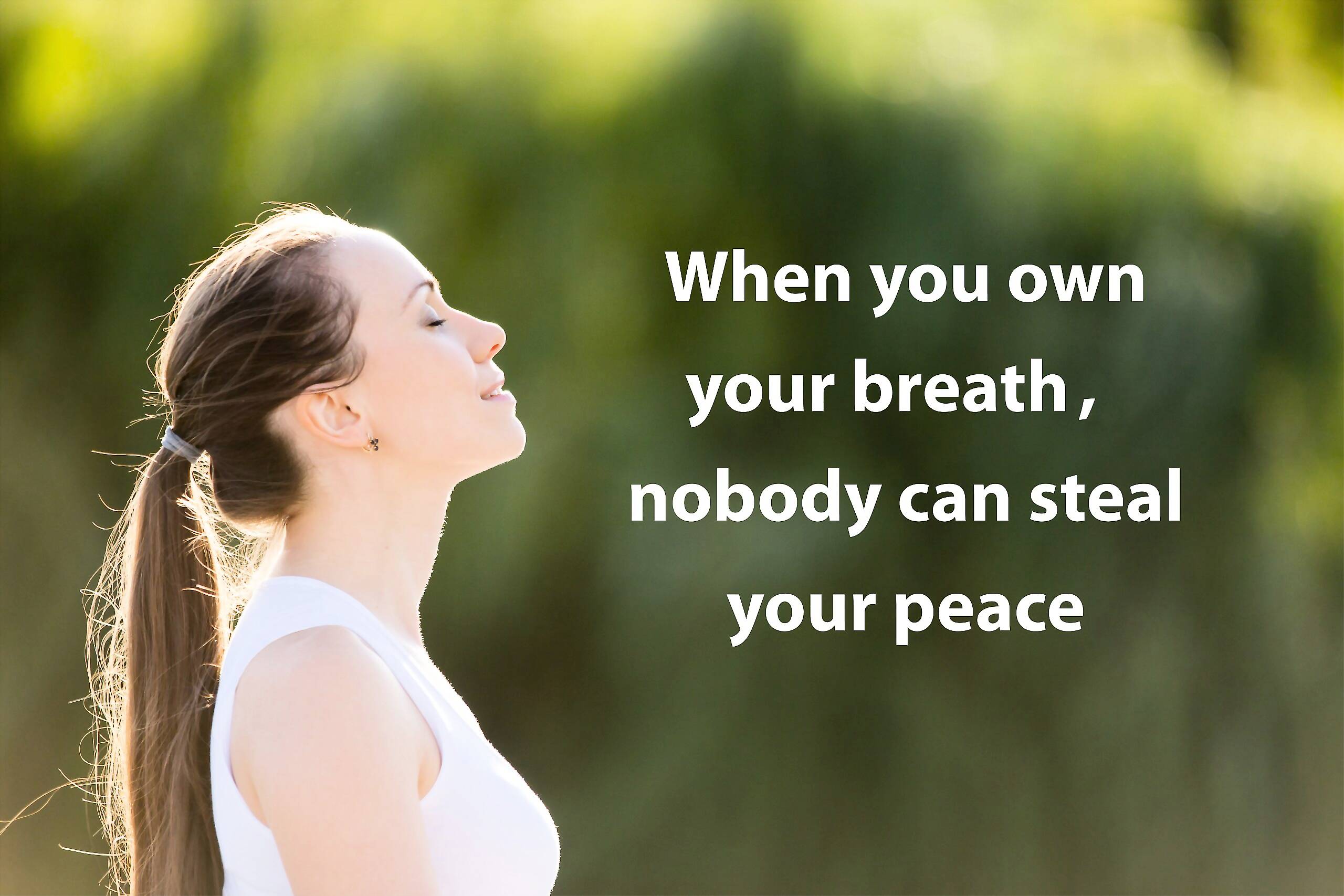
views
Yoga, the ancient practice, involves physical, mental, and spiritual aspects. This practice has evolved over thousands of years and is now embraced in many different forms across the globe. In the past few years, people everywhere have found value in yoga, contributing to its growing popularity. The significance of yoga was globally recognised on December 11, 2014.
On this day, the United Nations officially designated June 21 as the International Day of Yoga. The International Day of Yoga aims to spread awareness about the many benefits of yoga, both physical and mental. On this Yoga Day, let us look at a few ways in which its regular practice can boost mental health for all.

Yoga includes a lot of breathing exercises and meditation that help in calming one’s mind. Regular practice also reduces anxiety and symptoms of depression to a certain level and helps the brain function better.
Yoga’s impact on the brain
According to the Harvard Medical School, studies show that regular yoga practitioners are better at information processing, learning abilities and memory. The parts of the brain responsible for these functions usually shrink as we age but the reduction is less in those who practice yoga.
Enhancing cognitive functions
Yoga improves functions such as reasoning, decision-making, memory, learning, reaction time and test performance. It makes yoga an excellent exercise for the brain, just like lifting weights strengthens muscles.
Mood improvement
Yoga has many mood-boosting effects. While all exercise or physical activities help in reducing stress hormones, yoga offers some additional advantages. Meditation, one of the most important components of yoga, lowers activity in the brain’s emotional center, which helps people react more calmly to stressful situations, informs Harvard Medical School.
Complementary approach to treatment
Traditionally, medications and talk therapy are used as the primary treatments for depression and anxiety. However, yoga is a valuable complementary approach, in addition to these treatments. Researchers have found yoga and music to be the most effective in reducing depression and anxiety. Yoga provides the most lasting effects, as per Harvard Health Publishing.
Post-traumatic stress disorder
Yoga also helps with post-traumatic stress disorder (PTSD). It can be used alongside other treatments to reduce intrusive memories and emotional distress. The deep, slow breathing practiced in yoga is associated with a state of calmness.
















Comments
0 comment